Apollo’s longer selection of the year’s most important museum acquisitions is published in the December 2020 issue
Art Fund
Prospect Cottage, Dungeness, bought by Derek Jarman in 1986
The artist and film-maker Derek Jarman acquired Prospect Cottage, a former fisherman’s home on the Kent coast, in 1986; he lived there until his death in 1994. Adorned with poems, sculptures, and the rock-and-driftwood garden Jarman created upon the vast expanse of shingle at Dungeness, the house has long been acknowledged as an artwork in his own right. It was saved for the nation thanks to a high-profile crowd-funding campaign, which along with grants from the Art Fund, National Heritage Memorial Fund, the Linbury Trust and others raised £3.5m for its purchase and the establishment of a long-term endowment for its upkeep.
Prospect Cottage, Dungeness, bought by Derek Jarman in 1986. Photo: © Howard Sooley
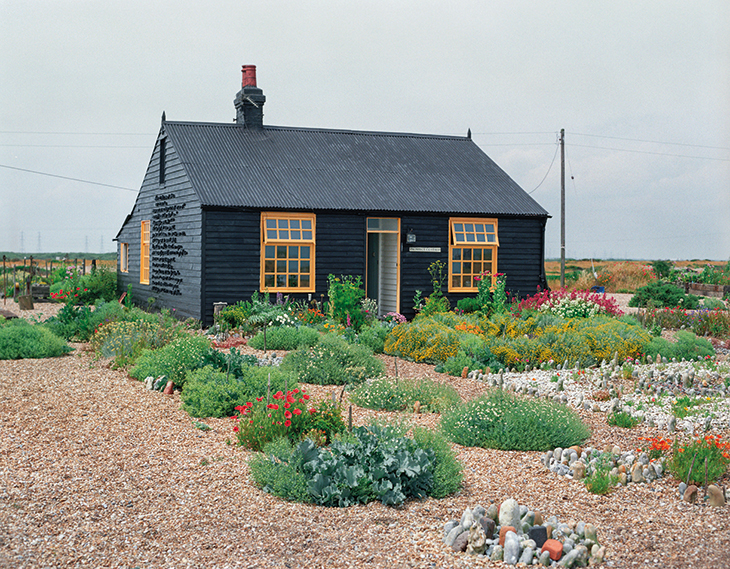
British Museum, London
103 drawings from the Great Picture Book of Everything (1829), Katsushika Hokusai
Last year, a tranche of 103 forgotten Hokusai drawings was rediscovered in a private collection in Paris. Created in 1829 for an unpublished work called the Great Picture Book of Everything, the drawings – which were last recorded in 1948 – depict a vast range of flora, fauna, landscapes and legends, including an origin myth that traces the birth of human culture to ancient China.
‘Virudhaka (Rurio) being struck by lightning’, from the Great Picture Book of Everything (1829), Katsushika Hokusai. Photo: © The Trustees of the British Museum
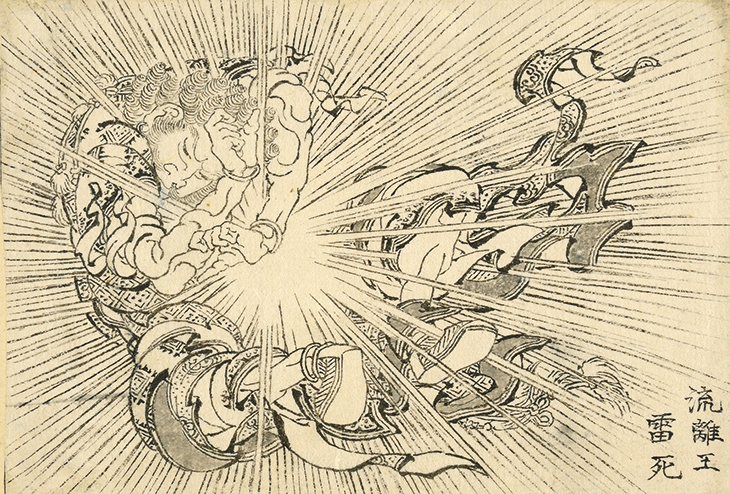
Courtauld Institute of Art, London
Avant et après (1903), Paul Gauguin
Paul Gauguin’s 213-page Avant et après – completed on the Marquesas Islands two months before his death in 1903 – combines personal memoir, artistic manifesto and excoriating critiques. It includes Gauguin’s version of events while living with Van Gogh in Arles, and is richly illustrated with drawings and monotypes. The text has long been familiar to art historians in facsimile, but the whereabouts of the handwritten manuscript have only now been revealed, with its acquisition from a private collection in London through the Acceptance in Lieu scheme.
Avant et après (1903), Paul Gauguin. Photo: © The Courtauld

J. Paul Getty Museum, Los Angeles
39 Dutch drawings
In one fell swoop, the Getty has enlarged its collection of Dutch drawings by a third, placing it among the most significant in the US. Works by almost all of the key players in Dutch Golden Age – Rembrandt, Jacob Ruisdael, Maria Sibylla Merian, Gerrit van Honthorst, and many more – are included here; there are also drawings by artists whose work is rarely found on the market, such as Cornelis Vroom and Hendrick Dubbels. An early drawing by Piet Mondrian adds a grace note to the collection.
Landscape with Ruins (recto) (c. 1615–16), Jan van de Velde II. J. Paul Getty Museum, Los Angeles
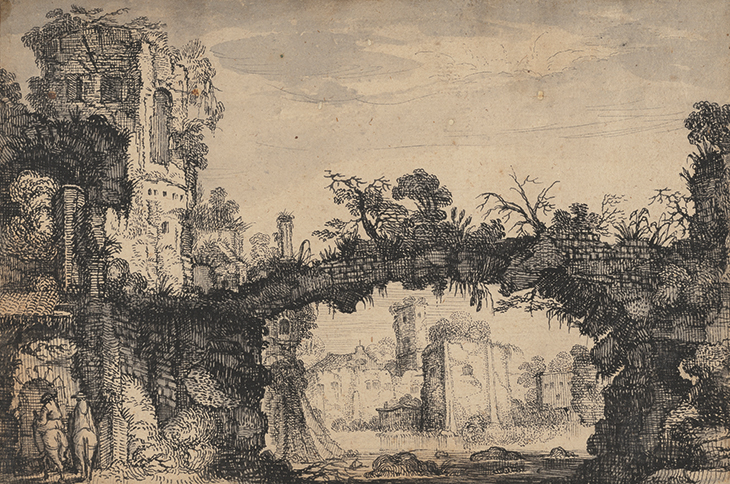
Herzog August Bibliothek, Wolfenbüttel
Album Amicorum (1596–1647), compiled by Philipp Hainhofer
Few other art books can claim contributors as grand as the Holy Roman Emperor Rudolf II, Cosimo de’ Medici and King Christian IV of Denmark – but over the course of his distinguished 50-year career, the Augsburg-born diplomat and art dealer Philipp Hainhofer (1578–1647) collected inscriptions from these and many others in his ‘friendship book’. Sumptuously illustrated with drawings commissioned by the European dignitaries, the album – acquired through auction at Sotheby’s – is a fascinating insight into early modern political culture.
Coronation of Rudolf II, Holy Roman Emperor (before 1612), artist unknown, with an inscription by Rudolf II, from the Album Amicorum compiled by Philipp Hainhofer. Photo: © Herzog August Bibliothek Wolfenbüttel (HAB)

Metropolitan Museum of Art, New York
More than 375 works of fine and decorative art from the collection of Jayne Wrightsman
A bequest of more than 375 artworks and objects (as well as $80m of funding for future acquisitions) is the grand finale to the late Jayne Wrightsman’s long-term philanthropic support of the Met. Featuring work by Géricault, Guardi, Van Dyck, Seurat and Vigée Le Brun, among others, the latest gift significantly enhances the museum’s holdings of European painting, as well as bolstering the collections of European sculpture and decorative arts, drawings and prints, Asian art and Islamic art.
Marie Antoinette in a Park (c. 1780–81), Elisabeth Louise Vigée Le Brun. Metropolitan Museum of Art, New York
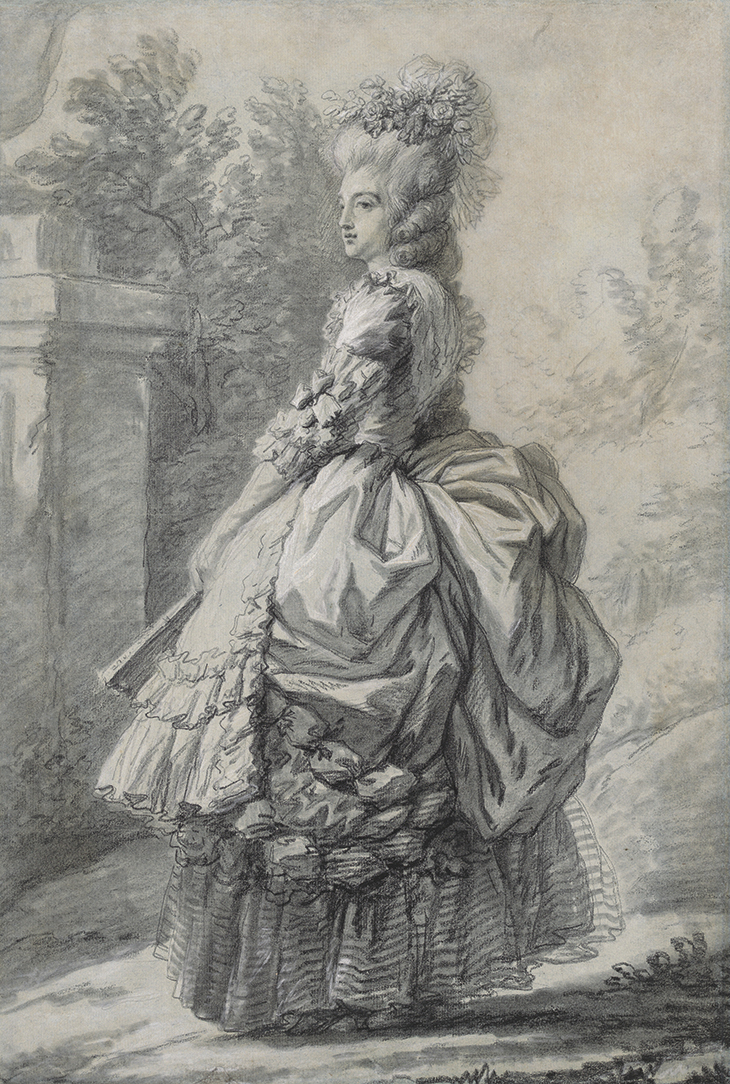
Musée du Louvre, Paris
The Soul Breaking its Bonds with the Earth (1821–23), Pierre-Paul Prud’hon
Completed in the final year of his life, and found in his studio after his death in 1823, Prud’hon’s painted allegory of the soul’s deliverance from earth has a deeply personal resonance. The final major composition by the artist to remain on the market was declared a French National Treasure in 2018; it has now been acquired for the Louvre by the Société des Amis du Louvre.
The Soul Breaking its Bonds with the Earth (1821–23), Pierre-Paul Prud’hon. Photo: © RMN-GP (musée du Louvre)/Benoît Touchard

Uffizi Galleries, Florence
455 works of art from the collection of Carlo del Bravo
This trove of more than 450 paintings, drawing and sculptures, spanning the past five centuries, was amassed by the art historian Carlo del Bravo. The collection was donated to the museum by Del Bravo’s heir, Lorenzo Gnocchi; it includes works by Ingres, Giovanni Battista Foggini and Pio Fedi, as well as Rosso Fiorentino’s depiction of The Infant St John the Baptist (c. 1520) – the final work by the great Mannerist painter to have remained in private hands.
San Giovannino (c. 1520), Rosso Fiorentino. Uffizi Galleries, Florence
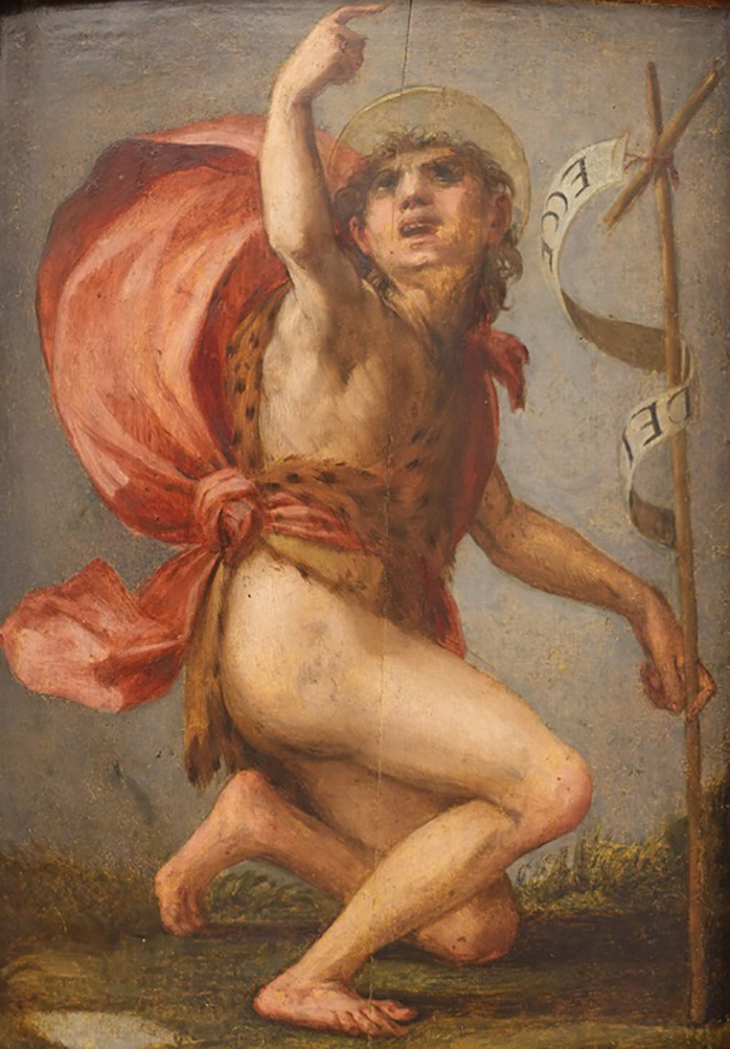
The Shortlists | Artist of the Year | Book of the Year | Digital Innovation of the Year | Exhibition of the Year | Museum Opening of the Year



